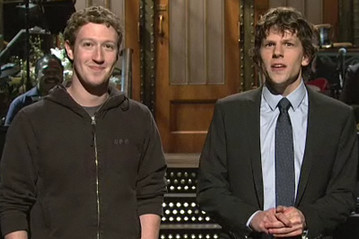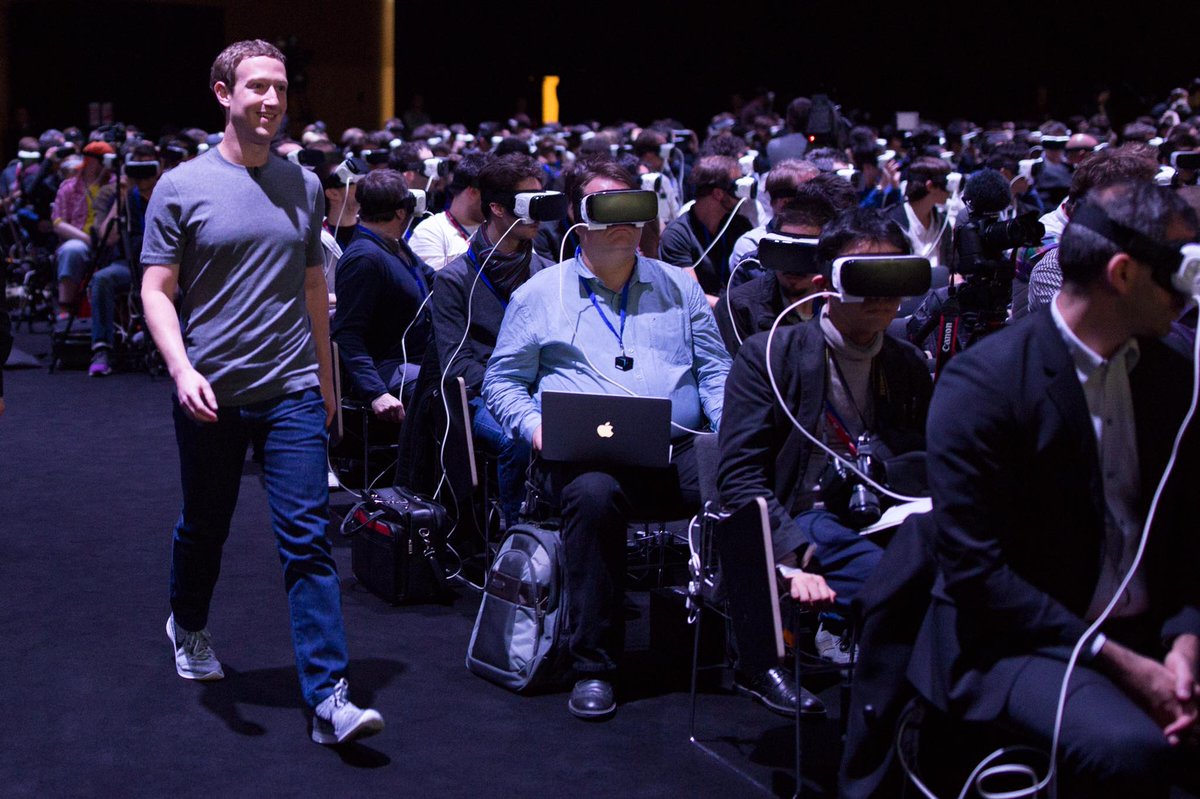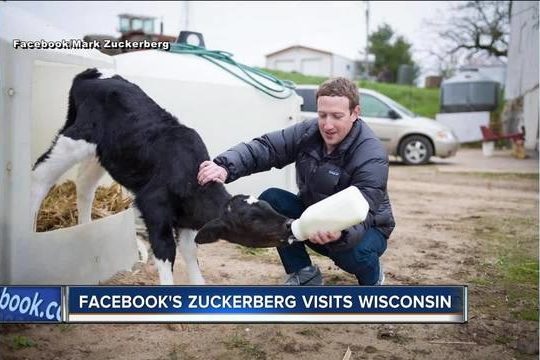Prior to dropping out of Harvard to turn Facebook into the most populous “state” on Earth, one that dwarfs even China, Mark Zuckerberg was a double major. One of those areas of study, unsurprisingly, was computer science. As John Lanchester reminds in his excellent London Review of Books essay about the social network, the other concentration, psychology, is at least as vital in understanding how the entrepreneur was so successful in executing the McLuhan nightmare of a Global Village well beyond what anyone else had been able to accomplish.
Zuckerberg didn’t really invent anything, as Friendster was already on the map. But his predecessor quickly faded while he’s developed the fastest growing service in the global history of business. His corporation’s amazing boom was and is driven primarily by three factors: The entrepreneur was at the right age to understand the trajectory of the market, he used his copious venture capital money to attract brilliant engineers, and he willfully exploited a hole in our psyches. An Lanchester succinctly puts it: Zuckerberg had a keen understanding of the “social dynamics of popularity and status.”
That’s permitted the company to “hire” 2,000,000,000 people to create free content for the platform each month, which would make Facebook by far the largest sweatshop in the annals of humanity, except even those dodgy operations pay some small wage. All you get for your efforts from Zuckerberg are “friends” and “likes,” which may be an even more lopsided return than receiving some strings of shiny beads in exchange for Manhattan.
The company might not have gone anywhere, however, had it not be for early seed money from Peter Thiel, the immigrant “genius” who was sure there were WMDs in Iraq and that Donald Trump would be a great President. It seemed at one point that Thiel had a moral blind spot to rival the one exhibited by Hitler’s secretary, but it’s become increasingly clear that he’s actively a morally dubious figure. What attracted the investor to the peculiar product was his reading of René Girard ideas on “mimesis,” which asserted that all human desires are borrowed from other people and we have an innate need to copy one another. The philosopher viewed this tendency as a human failing with sometimes grave consequences. Thiel saw it as an opportunity.
The blinding success of social media enriched Zuckerberg and Thiel, but is it good for individual users and society on a wider scale? This question is one that the Facebook founder has probably never even entertained. His offspring can’t be a bad seed because he’s too deeply invested in it. Instead, after Facebook was deluged with criticism for its non-response to those who used the platform as a repository for Fake News during the 2016 Presidential election, Zuckerberg proposed a “solution” in his “Building Global Community” manifesto, one that essentially doubled down on the elements of his brainchild (extending connectedness and building “communities”) that are among the very problems. Certainly it benefits the company to downplay rather than neutralize Fake News, since Facebook, an advertising company, profits handsomely from such bullshit content.
The still-young businessman might have another dubious plan to cure what ails America politically. Having publicly renounced atheism, embarked on a 50-states listening tour to pose for photo ops milking cows and hired Hillary Clinton’s pollster, Zuckerberg seems to have his eye on the White House. It’s a wonder why he would accept a demotion to leading a nation of such a relatively puny size. One thing is sure: If he does run, Zuckerberg will appear to be what he thinks we want him to be while promising to bring us together. That’s nothing new on the campaign trail, though it’s attended by a fresh ominousness considering the source.
An excerpt:
Zuckerberg’s news about Facebook’s size came with an announcement which may or may not prove to be significant. He said that the company was changing its ‘mission statement’, its version of the canting pieties beloved of corporate America. Facebook’s mission used to be ‘making the world more open and connected’. A non-Facebooker reading that is likely to ask: why? Connection is presented as an end in itself, an inherently and automatically good thing. Is it, though? Flaubert was sceptical about trains because he thought (in Julian Barnes’s paraphrase) that ‘the railway would merely permit more people to move about, meet and be stupid.’ You don’t have to be as misanthropic as Flaubert to wonder if something similar isn’t true about connecting people on Facebook. For instance, Facebook is generally agreed to have played a big, perhaps even a crucial, role in the election of Donald Trump. The benefit to humanity is not clear. This thought, or something like it, seems to have occurred to Zuckerberg, because the new mission statement spells out a reason for all this connectedness. It says that the new mission is to ‘give people the power to build community and bring the world closer together’.
Hmm. Alphabet’s mission statement, ‘to organise the world’s information and make it universally accessible and useful’, came accompanied by the maxim ‘Don’t be evil,’ which has been the source of a lot of ridicule: Steve Jobs called it ‘bullshit’.1 Which it is, but it isn’t only bullshit. Plenty of companies, indeed entire industries, base their business model on being evil. The insurance business, for instance, depends on the fact that insurers charge customers more than their insurance is worth; that’s fair enough, since if they didn’t do that they wouldn’t be viable as businesses. What isn’t fair is the panoply of cynical techniques that many insurers use to avoid, as far as possible, paying out when the insured-against event happens. Just ask anyone who has had a property suffer a major mishap. It’s worth saying ‘Don’t be evil,’ because lots of businesses are. This is especially an issue in the world of the internet. Internet companies are working in a field that is poorly understood (if understood at all) by customers and regulators. The stuff they’re doing, if they’re any good at all, is by definition new. In that overlapping area of novelty and ignorance and unregulation, it’s well worth reminding employees not to be evil, because if the company succeeds and grows, plenty of chances to be evil are going to come along.
Google and Facebook have both been walking this line from the beginning. Their styles of doing so are different. An internet entrepreneur I know has had dealings with both companies. ‘YouTube knows they have lots of dirty things going on and are keen to try and do some good to alleviate it,’ he told me. I asked what he meant by ‘dirty’. ‘Terrorist and extremist content, stolen content, copyright violations. That kind of thing. But Google in my experience knows that there are ambiguities, moral doubts, around some of what they do, and at least they try to think about it. Facebook just doesn’t care. When you’re in a room with them you can tell. They’re’ – he took a moment to find the right word – ‘scuzzy’.
That might sound harsh. There have, however, been ethical problems and ambiguities about Facebook since the moment of its creation, a fact we know because its creator was live-blogging at the time.•
Tags: John Lanchester, Mark Zuckerberg



